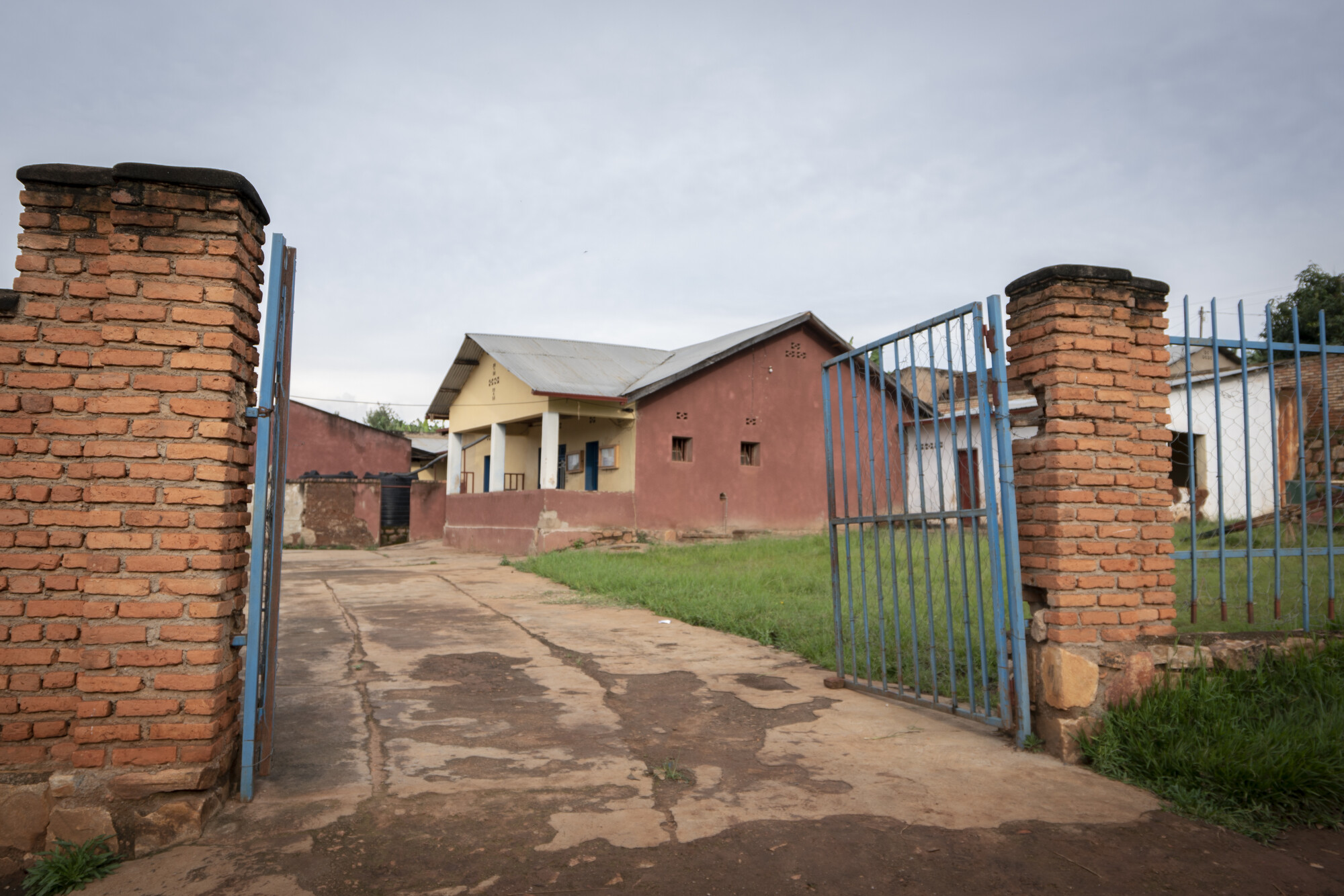How volunteering in an orphanage could be hurting the people you’re there to help
Volunteer tourism, or ‘voluntourism’, is travel trend linked to ‘having fun / doing good’. Every year approximately 1.6 million people volunteer overseas, with voluntourism being considered the fastest growing ‘trend’ in travel, worth an estimated $2.6 billion per year.
Good intentions have disastrous outcomes
For the most part, voluntourists are well-intentioned people, looking for an opportunity to travel and contribute to the countries they visit. Sadly though, when it comes to volunteering in orphanages, these volunteers risk harming rather than helping children.
Can volunteering abroad be positive?
In the right circumstances, volunteer tourism provides significant benefits for both volunteers and communities that receive them. But we must be absolutely clear: volunteering in children’s institutions is a bad idea.
Ask yourself this: would you be happy for a volunteer from overseas, with no experience and no background checks, to help out at your local school or nursery?
I think I can guess your answer. Yet this is exactly what’s happening in when foreign volunteers work in orphanages abroad. What many volunteers don’t know is that around 80% of the 5.4 million children housed in orphanages, are not orphans at all. Most are separated from their families because of poverty, disability or discrimination. Once confined to these large and loveless facilities, even babies and very young children are deprived of the vital one-to-one care and attention that every child needs to develop properly and to thrive.
100 years of research – orphanages harm children
Years of robust research show that institutions harm children. The lack of individual love that is characteristic of institutional care, damages children’s emotional, physical and neurological development. The results can last a lifetime. Yet, with the growth of volunteer tourism or ‘voluntourism’, there’s an increasing trend for people, often young and from higher income countries, to spend time helping in orphanages in other parts of the world.
Watch the short interview below “Voluntourism: More harm than good” with Leigh Mathews co-founder of the cross-sector coalition, ReThink Orphanages
Voluntourism in orphanages leaves children vulnerable to abuse where child protection regulations are lax. It creates attachment problems in children; they become close to short-term visitors. And it perpetuates the myth that many of these children are orphans in need of adoption.
Orphanage voluntourism and orphanage tourism: What’s the difference?
In many countries, Children in orphanages are exploited as ‘attractions’ for tourists. This perpetuates the orphanage economy and allows the proliferation and sustainment of institutions. This is “Orphanage Tourism”; tourist visits to orphanages as part of packages, day trip excursions or tours. The impact on children can be critical because of the cyclical, short-term nature of the visits and the experience of being treated as a tourist attraction. The need to attract tourists to visit orphanages can even mean children are purposefully kept in poor conditions. They can be denied food, clothing and other essentials in order to attract more money from visitors.
In this light, orphanage tourism can be seen as a form of child exploitation
This short animation shows the impact that volunteers have on children in orphanages from a child’s point of view.
The Love You Give campaign—take the volunteering pledge
As members of the coalition, Rethink Orphanages, we’ve added our voice to The Love You Give, #ChangeVolunteering campaign. It aims to raise awareness among young people about the negative effects of volunteering in orphanages.
Take the volunteering pledge at this link: “I pledge to not volunteer in orphanages and change volunteering for the better.”
It’s good to volunteer. But do your research first
We don’t want to discourage volunteering abroad. But we must alert people to the risk of volunteering in children’s institutions.
Most people who volunteer overseas genuinely want to do something meaningful and experience a new culture. However some of the companies that arrange this type of travel may be more concerned with creating a ‘life-changing’ experience for their customers, rather than responding appropriately to the needs of the host communities.
To ensure your time overseas is spent making a real difference, think about
- the volunteer company you use
- the volunteering program
- and the skills you yourself can bring to the project.
Want to help? Make sure your holiday won't harm anyone
Discover our 10 point checklist for volunteering abroad
